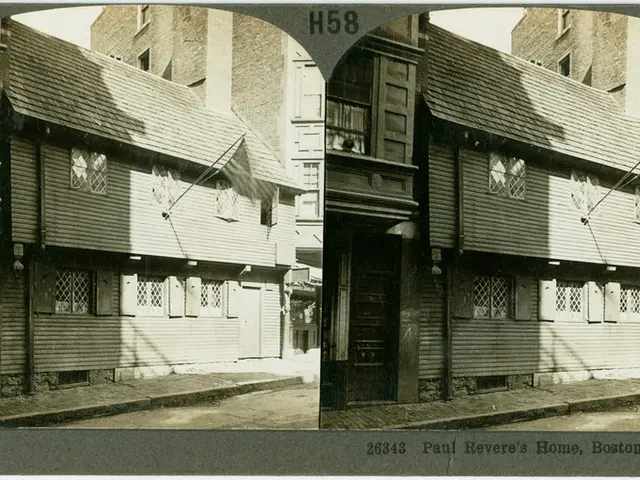Bangladesh Launches Public Procurement Modernisation to Fight Corruption
Bangladesh is modernising its public procurement system to tackle inefficiency, politicisation, and institutional weakness. The reforms aim to reduce cost overruns, project delays, and corruption risks, converting budget funds into public services and infrastructure more efficiently. The modernisation involves implementing a second-generation e-GP, featuring contract management, geo-tagging, electronic payments, and open data APIs. This will enhance efficiency and transparency in procurement processes. To gain political support, the reforms start with easy-to-implement changes, framed as efficiency improvements. Successful reform requires measurable targets and adaptive governance. Deactivating politicisation involves multi-year procurement plans, mandatory competitive procurement, and an independent review process. In Bangladesh, strengthening institutional capacity is crucial. This involves creating a nationwide procurement certification programme, establishing regional centres of excellence, and introducing career paths for procurement professionals. Additionally, financial controls are bolstered by integrating e-GP with treasury and e-payment systems, accurate cost estimates, and framework agreements for recurring purchases. Tactical anti-corruption measures include electronic publication of tender notices and automated red-flag analytics. Promoting transparency involves publicly available procurement data, legal protections for whistleblowers, and strengthening supplier capacity, particularly for SMEs. Bangladesh's public procurement reforms, led by Dr. Nasim Ahmed, aim to improve efficiency, reduce corruption, and enhance transparency. The modernised system, with its e-GP features and strengthened controls, is expected to deliver better public services and infrastructure, supporting the country's development.







